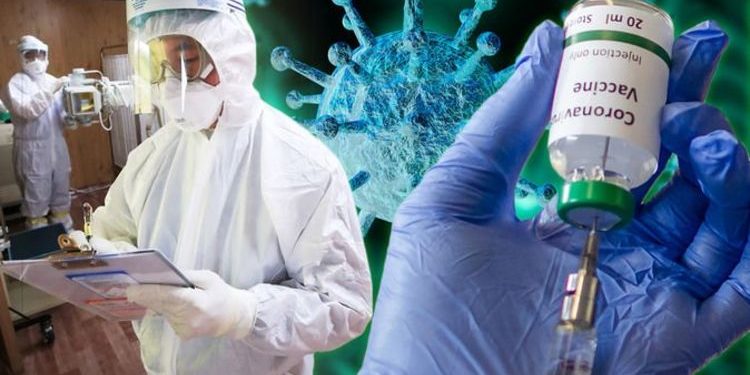New Delhi: The Union Health Ministry has recommended use of anti-HIV drug combinations ‘Lopinavir’ and ‘Ritonavir’ on a case-to-case basis depending upon the severity of the condition of a patient having coronavirus infection. Lopinavir-Ritonavir is used widely for controlling HIV infection.
In its revised guidelines on the ‘Clinical Management of COVID – 19’ issued Tuesday, the ministry recommended Lopinavir-Ritonavir for high-risk groups patients aged above 60, suffering from diabetes mellitus, renal failure, chronic lung disease and are immuno – compromised.
According to a Health Ministry official, a committee of experts comprising doctors from AIIMS, experts from National Centre for Disease Control (NCDC) and WHO among others revisited the treatment guidelines and recommended supportive treatment in patients suffering from coronavirus infection.
The ministry also recommended Lopinavir-Ritonavir for symptomatic patients having hypoxia, hypotension, new onset organ dysfunction (one or more), increase in creatinine by 50 per cent from baseline and any other organ dysfunction among others.
There is no current evidence from randomised controlled trial to any specific treatment for suspected or confirmed patients with COVID-19. No specific anti-virals are recommended for treatment of those suffering from respiratory ailment due to lack of adequate evidence from medical literature.
“The use of Lopinavir-Ritonavir in PEP regimens for HIV (4 weeks) is also associated with significant adverse events which many a times leads to discontinuation of therapy. In light of the above, Lopinavir-Ritonavir should only be used with proper informed expressed consent on a case to case basis for severe cases, within the mentioned framework along with supportive treatment as per need,” the guidelines stated.
This combination of drugs was given for the first time to an elderly Italian couple currently undergoing treatment for COVID-19 at the SMS hospital in Jaipur.
The guidelines issued by the Health Ministry also state that COVID-19 patients may present with mild, moderate, or severe illness – the latter includes severe pneumonia, ARDS, sepsis and septic shock.
Early recognition of suspected patients allows for timely initiation of infection, prevention and control.
“Early identification of those with severe manifestations allows for immediate optimised supportive care treatments and safe, rapid admission (or referral) to intensive care unit according to national protocols. For those with mild illness, hospitalisation may not be required unless there is concern for rapid deterioration. All patients discharged for home should be instructed to return to hospital if they develop any worsening of illness,” the guidelines stated.
PTI






































